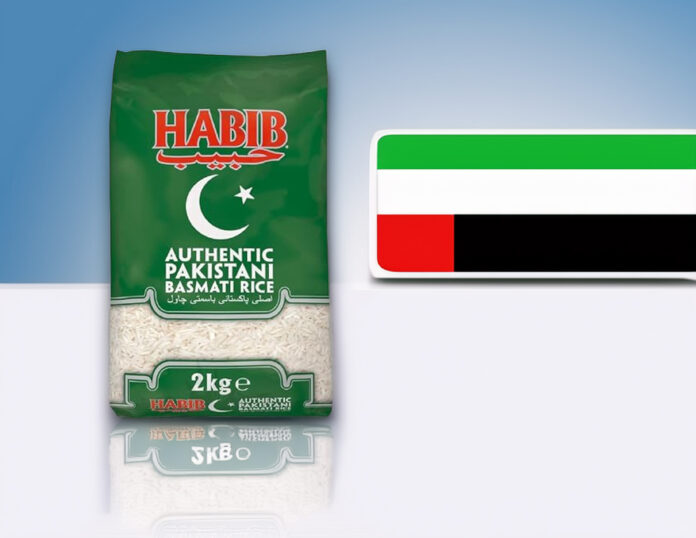When Habib Rice Products Ltd informed the Pakistan Stock Exchange on Thursday that it would shut down its United Arab Emirates subsidiary, the disclosure looked, at first glance, like one more corporate notice in the churn of company filings. Yet behind it lies a story of how immigration policy intersects with trade and finance, and how small procedural barriers can ripple across entire export sectors.
The company cited a specific difficulty: obtaining visas for its personnel in the UAE had become increasingly challenging, and without the ability to post staff on the ground, running a subsidiary there had become unworkable. “Despite efforts to sustain operations, the company faced persistent obstacles in securing visas for its employees,” Habib Rice stated in its official filing. “Consequently, the continuation of the UAE subsidiary was no longer feasible.”
The decision comes at a moment when many Pakistani businesses, professionals, and workers have reported hurdles in securing entry permits, work authorisations, and residency in the Emirates. Travel agents in Lahore and Karachi speak of rejected visa applications, and trade associations have flagged increased scrutiny. The Rice Exporters Association of Pakistan (REAP) noted in a recent communication that members were “finding it increasingly difficult to maintain commercial presence in the UAE, which has historically been a gateway to Middle Eastern and African markets.” The content in this publication is expensive to produce. But unlike other journalistic outfits, business publications have to cover the very organizations that directly give them advertisements. Hence, this large source of revenue, which is the lifeblood of other media houses, is severely compromised on account of Profit’s no-compromise policy when it comes to our reporting. No wonder, Profit has lost multiple ad deals, worth tens of millions of rupees, due to stories that held big businesses to account. Hence, for our work to continue unfettered, it must be supported by discerning readers who know the value of quality business journalism, not just for the economy but for the society as a whole.To read the full article, subscribe and support independent business journalism in Pakistan
























